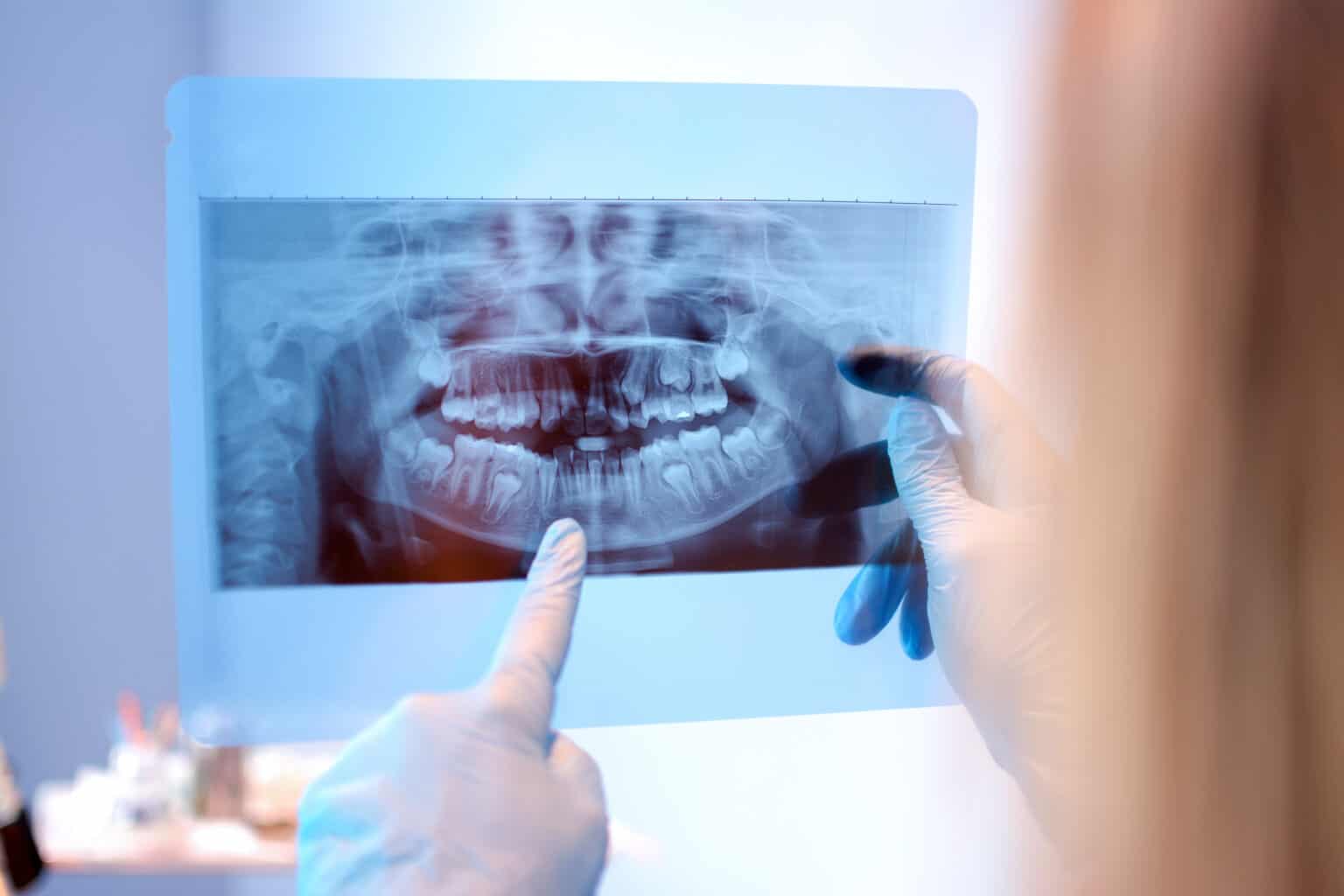Understanding Jaw Misalignment
Jaw Misalignment
Jaw misalignment can lead to discomfort, difficulty chewing, and other functional challenges. Learn about its causes, symptoms, and how Wisdom Teeth OKC can help restore alignment and improve your quality of life.
Jaw misalignment, also known as malocclusion, occurs when the upper and lower teeth do not align properly. This can lead to a variety of issues, including discomfort, difficulty eating, and even chronic pain. At Wisdom Teeth OKC, we specialize in diagnosing and treating jaw misalignment to restore harmony and function to your bite. Learn more about the causes, symptoms, and treatments available.
Causes of Jaw Misalignment
Jaw misalignment can develop due to:
- Genetics: Family history often plays a role in jaw structure and alignment.
- Injury or Trauma: Accidents or impacts can shift the position of the jaw.
- Dental Issues: Missing teeth, overcrowding, or improper dental work may contribute to misalignment.
- Habits: Thumb sucking or prolonged pacifier use during childhood can affect jaw development.
- Medical Conditions: Conditions like arthritis can alter the alignment of the jaw over time.
Symptoms of Jaw Misalignment
Common signs and symptoms of jaw misalignment include:
- Jaw Pain: Discomfort or soreness, particularly when chewing or speaking.
- Headaches: Frequent tension or migraine headaches linked to jaw stress.
- Difficulty Chewing: Challenges with biting or uneven wear on teeth.
- Facial Asymmetry: Visible imbalance in the jawline or facial structure.
- Clicking or Popping Sounds: Noises when opening or closing the mouth.
Importance of Treating Jaw Misalignment
Addressing jaw misalignment promptly is crucial to:
- Alleviate Discomfort: Reducing pain and tension in the jaw and surrounding muscles.
- Prevent Further Damage: Avoiding excessive wear on teeth or worsening alignment issues.
- Enhance Functionality: Restoring normal chewing, speaking, and jaw movement.
- Improve Aesthetics: Balancing facial proportions for a more harmonious appearance.
Treatment Options for Jaw Misalignment
Depending on the severity of the misalignment, treatment options include:
- Orthodontic Solutions: Braces, aligners, or other devices to gradually realign teeth and jaws.
- Physical Therapy: Exercises and therapies to strengthen jaw muscles and improve alignment.
- Surgical Intervention: In severe cases, corrective jaw surgery (orthognathic surgery) may be necessary.
- Dental Appliances: Splints or night guards to address functional issues and prevent teeth grinding.
Benefits of Treating Jaw Misalignment
Correcting jaw misalignment can:
- Relieve Pain: Reducing strain on the jaw and related areas.
- Restore Functionality: Making it easier to eat, speak, and move the jaw naturally.
- Enhance Confidence: Improving facial symmetry and overall appearance.
- Support Long-Term Oral Health: Preventing further complications like tooth wear or TMJ disorders.
Take the Next Step
Jaw misalignment doesn’t have to interfere with your daily life. At Wisdom Teeth OKC, we provide personalized care to address your concerns and restore balance to your bite. Contact us today to schedule a consultation and take the first step toward improved function and comfort.
Treatments for Jaw Misalignment
Discover effective treatments for Jaw Misalignment, designed to address the root causes and restore confidence, comfort, and functionality to your daily life.


